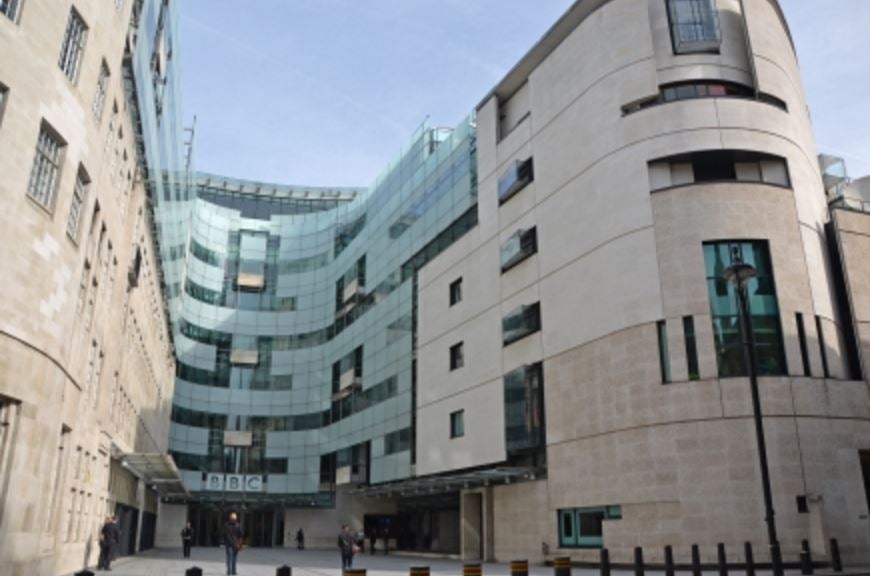
Eight out of ten women journalists at the BBC believe they are paid less than male counterparts, according to a survey carried out by the National Union of Journalists.
The union surveyed all its female members at the BBC and said it had received a “meaningful response” but it declined to reveal the number of respondents.
The NUJ said it is pursuing action for equal pay on behalf of more than 100 of its members at the BBC.
The respondents said they thought the pay disparity was there despite the fact they were doing “the same work, similar work or work of equal value, an NUJ survey has found”.
The survey was revealed to mark Equal Pay Day.
In October the BBC said that median average pay for women at the corporation was 9.3 per cent less than men, compared with a national average pay gap of 18.1 per cent.
The NUJ said comments which came back from respondents to its survey included:
- “I am the same age as my male colleague, have worked alongside him for 20 years in the same job, but he is paid more than me.
- “I know a colleague who does similar work is paid 20 per cent more than me.”
- “I believe I am paid less than all the men in my team.”
In October, the BBC revealed the names of all its staff paid more than £150,000. It led to many complaints from female journalists who saw they were being paid less than male counterparts.
Anomalies included Today programme presenter Sarah Montague, who did not feature on the high-pay list, while her male (and female) co presenters did.
NUJ general secretary Michelle Stanistreet said: “Equal Pay Day is a time to reflect on the inequality in pay between men and women.
“Men are often paid more than women because of outright discrimination, dated recruitment practices and inflexible working practices which make it difficult for women to juggle work and family life. Then there are the cases where women are not being paid the same even when they are doing the same job as their male colleague.
“We have secured a commitment from the BBC to address the cases that NUJ members have brought forward – we are clear that in the course of pursuing these cases, industrially or through litigation, that we will not tolerate inequality and unequal pay. The BBC has committed to introducing greater transparency and fairness, and their approach to resolving the issues of patently unequal pay in our public service broadcaster will a clear test of this resolve.”
“We know that many other employers in the media industry are also offenders and will be working with our members in workplaces to carry out a series of surveys and studies, making equal pay a key industrial propriety for the NUJ.”
Email pged@pressgazette.co.uk to point out mistakes, provide story tips or send in a letter for publication on our "Letters Page" blog

